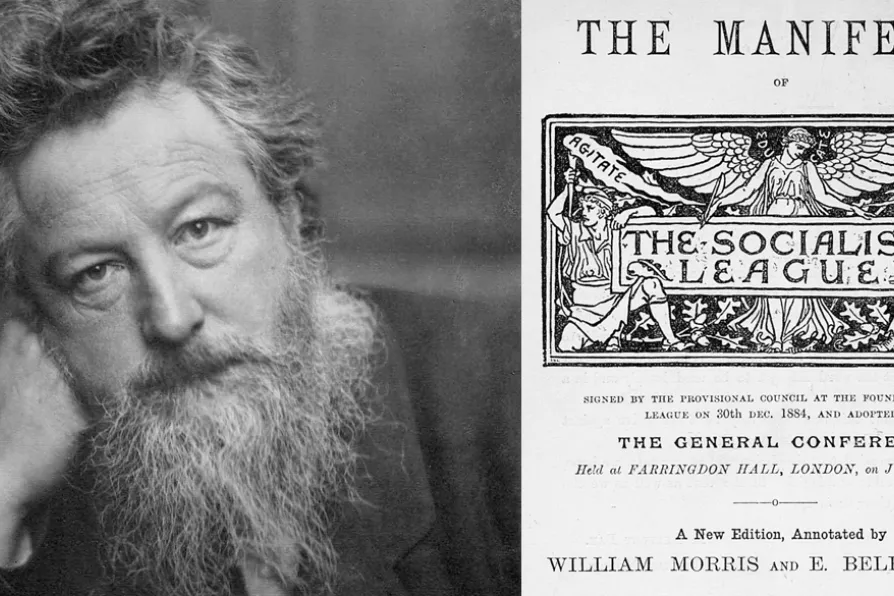Climate activist and writer JANE ROGERS introduces her new collection, Fire-ready, and examines the connection between life and fiction

 William Morris aged 53; The Manifesto of the Socialist League, 1884
[Wiki/CC]
William Morris aged 53; The Manifesto of the Socialist League, 1884
[Wiki/CC]
DECISIONS have been made, things are in transit again, and on the outside, it looks like major victories have been won for musicians in Britain.
On April 13, following the pausing of the closure of the BBC Singers, it was announced the BBC is changing its forced cuts to the English BBC Orchestras.
This coincided with an announcement from English National Opera (ENO) which has secured £24 million from the Arts Council England (ACE), with the vision of potentially moving ENO to far flung regions — like Croydon.

DAVID NICHOLSON is thrilled – and shocked – by an opera that seethes and sizzles with passion and the depraved use of power

BEN LUNN alerts us to the creeping return of philanthropy and private patronage, and suggests alternative paths to explore












